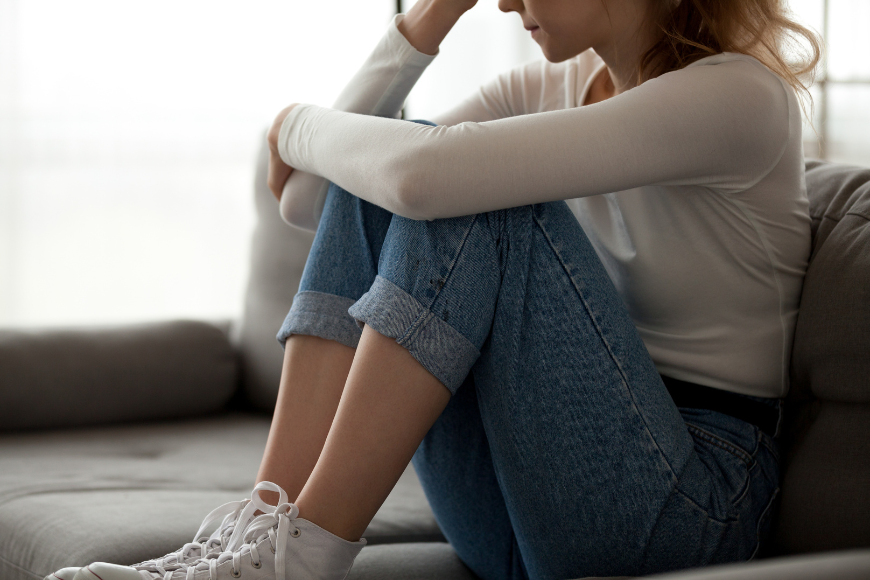How Physical Activity Supports Mental Health (and How Therapy Can Help You Get There)
It is often that we hear exercise is good for the body — but what’s equally important, and tends to get overlooked, is how deeply it benefits the mind. Physical activity can reduce symptoms of anxiety and depression, improve mood, boost energy, and even enhance self-esteem. When we move, our brain releases endorphins, serotonin, and dopamine — powerful chemicals that help us feel calmer, more focused, and more balanced.
But for many people, knowing that exercise helps isn’t the same as being able to get started doing it. And this is where mental health plays a huge role.
The Emotional and Mental Barriers to Getting Started
For someone struggling with depression, anxiety, or trauma, the idea of exercising can feel overwhelming and even daunting. Motivation may be low, energy may be depleted, or thoughts of self-doubt and shame can get in the way. Common emotional and mental barriers include:
Low motivation or energy: Depression and chronic stress can make even small tasks feel exhausting.
Anxiety and self-consciousness: Fear of judgement or feeling “out of place” in a gym or group setting.
Negative thought patterns: The inner critic becomes so loud saying things like “I’ll never keep up with this” or “I’m not strong enough”
Overwhelm and perfectionism: The pressure to do things “right” can make starting feel impossible.
Physical Barriers are Real Too
Sometimes the obstacles are practical — chronic pain, limited access to safe exercise spaces, or lack of time due to work and caregiving responsibilities. These barriers are real and deserve compassion, not dismissal. When mental and physical barriers combine, it can be easy to fall into avoidance, reinforcing the belief that change isn’t possible.
Where Therapy Comes In
Therapy can be a powerful ally in breaking through these barriers. Working with a licensed mental health counselor in Westchester County, NY can help you:
Identify and challenge unhelpful thought patterns that keep you stuck.
Develop self-compassion and realistic goals around movement.
Learn strategies for increasing motivation
Build routines that integrate mental health care and physical wellness.
Sometimes just the idea of trying something new can surface strong emotions, and talking with a therapist can offer a safe space to process these feelings. Emotions such as frustration, shame, fear can be replaced with encouragement, self-acceptance, and a sense of possibility.
Movement as a Form of Self-Care
Physical activity doesn’t always have to mean running marathons or joining a gym. It can be as simple as a walk, stretching, dancing in your kitchen, or taking the stairs instead of the elevator. What matters most is consistency and compassion toward yourself as you build momentum towards your personal goals.
With the right support, including therapy, you can begin to reconnect with your body — not as something to be pushed or punished, but as a partner in your healing and growth.
If you are someone ready to seek support in integrating your physical and mental health reach out to Carino Mental Health Counseling Services today to book a free consultation so we can help you create a new path for yourself. We are located in Westchester County, NY.
MEET THE AUTHOR
Cristina Portanova, LMHC
Cristina is a psychotherapist in White Plains, NY specializing in treating first responders who are struggling with anxiety, depression, stress and trauma.





